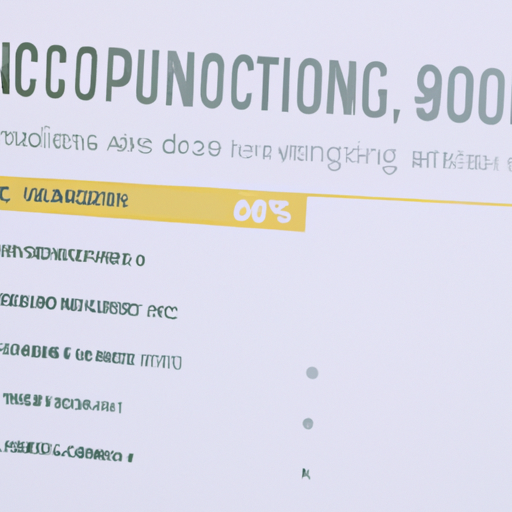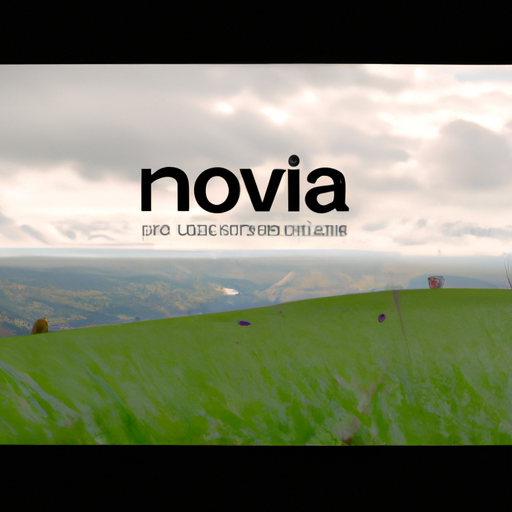Exploring the Newly Renovated Home2 Suites by Hilton Houston/Katy
The Home2 Suites by Hilton Houston/Katy, a popular choice among travelers seeking a comfortable and convenient stay in the heart of Texas, has recently completed a significant renovation. This exciting development has breathed new life into the property, enhancing its appeal and ensuring it continues to offer a top-notch experience for all guests.
The renovation project, which was meticulously planned and executed, has touched every corner of the hotel. From the lobby to the guest rooms, every space has been thoughtfully redesigned to provide a fresh, modern look while maintaining the warm, welcoming atmosphere that Home2 Suites by Hilton is known for.
As you step into the newly renovated lobby, you’ll immediately notice the difference. The space is brighter and more inviting, with contemporary furniture and decor that create a stylish yet comfortable ambiance. The check-in area has been streamlined for a smoother, more efficient process, and the communal areas have been expanded to encourage social interaction among guests.
The guest rooms have also received a major facelift. The rooms now feature a sleek, modern design with a soothing color palette that promotes relaxation. Each room is equipped with new, high-quality furnishings, including comfortable beds, spacious work desks, and state-of-the-art entertainment systems. The bathrooms have been updated with new fixtures and finishes, adding a touch of luxury to the overall experience.
But the renovation isn’t just about aesthetics. The Home2 Suites by Hilton Houston/Katy has also made significant upgrades to its amenities and services. The fitness center has been expanded and outfitted with the latest equipment, providing guests with everything they need for a comprehensive workout. The business center has been revamped to cater to the needs of today’s business travelers, with high-speed internet access and modern meeting facilities.
The hotel’s dining options have also been enhanced. The complimentary breakfast now offers a wider variety of healthy and delicious options, and the snack bar has been upgraded with a greater selection of snacks and beverages. The outdoor grilling area, a unique feature of Home2 Suites by Hilton, has been improved to provide a more enjoyable cooking and dining experience.
The renovation of the Home2 Suites by Hilton Houston/Katy is more than just a facelift. It’s a commitment to providing guests with the best possible experience, from the moment they walk through the door to the moment they check out. The hotel’s team has worked tirelessly to ensure that every detail, no matter how small, contributes to this goal.
So, whether you’re visiting Houston for business or pleasure, consider staying at the newly renovated Home2 Suites by Hilton Houston/Katy. With its fresh look, enhanced amenities, and commitment to guest satisfaction, it’s sure to provide a stay that’s comfortable, convenient, and memorable. The Home2 Suites by Hilton Houston/Katy is ready to welcome you to your home away from home.
The Transformation of Home2 Suites by Hilton Houston/Katy: A Post-Renovation Review

The Home2 Suites by Hilton Houston/Katy has recently completed a significant renovation, transforming the hotel into a modern, stylish, and comfortable destination for travelers. This renovation has not only enhanced the aesthetic appeal of the hotel but also improved its functionality, making it an even more attractive choice for those visiting the Houston/Katy area.
The renovation project was a comprehensive one, touching every aspect of the hotel. From the lobby to the guest rooms, from the fitness center to the outdoor spaces, every corner of the Home2 Suites by Hilton Houston/Katy has been thoughtfully redesigned and updated. The result is a hotel that feels fresh, contemporary, and inviting.
Upon entering the newly renovated lobby, guests are greeted with a bright, open space that immediately sets a welcoming tone. The design team has cleverly used color, texture, and lighting to create an atmosphere that is both stylish and comfortable. The seating areas are arranged to encourage conversation and interaction, while the addition of charging stations and free Wi-Fi ensures that guests can stay connected.
The guest rooms have also received a significant upgrade. The rooms are now equipped with modern amenities such as flat-screen TVs, ergonomic workspaces, and fully equipped kitchens. The décor is sleek and modern, with a color palette that is soothing and relaxing. The beds are outfitted with premium linens, ensuring a good night’s sleep after a long day of travel or sightseeing.
The fitness center has been expanded and updated with state-of-the-art equipment. Whether you prefer cardio workouts or strength training, you’ll find everything you need to maintain your fitness routine while on the road. The outdoor spaces have also been enhanced, with a new patio area that is perfect for relaxing and socializing.
One of the most significant changes is the introduction of a new dining concept. The hotel now offers a complimentary breakfast with a variety of healthy and delicious options. Guests can also enjoy a range of snacks and beverages throughout the day at the 24/7 market.
But perhaps the most impressive aspect of the renovation is the commitment to sustainability. The hotel has implemented a number of eco-friendly practices, including energy-efficient lighting, water-saving fixtures, and recycling programs. This commitment to sustainability not only reduces the hotel’s environmental impact but also enhances the guest experience by creating a healthier and more comfortable environment.
The renovation of the Home2 Suites by Hilton Houston/Katy is a testament to the hotel’s commitment to providing a superior guest experience. The updated design, modern amenities, and commitment to sustainability make it an excellent choice for both business and leisure travelers. Whether you’re visiting the Houston/Katy area for a few days or a few weeks, the Home2 Suites by Hilton Houston/Katy offers a comfortable, stylish, and eco-friendly home away from home.
In conclusion, the transformation of the Home2 Suites by Hilton Houston/Katy is a shining example of how a thoughtful renovation can enhance the guest experience. The hotel has successfully combined style, comfort, functionality, and sustainability to create a destination that truly stands out in the Houston/Katy area. So, next time you’re in town, why not check in and experience the new and improved Home2 Suites by Hilton Houston/Katy for yourself? You won’t be disappointed.
Unveiling the Modern Makeover: Home2 Suites by Hilton Houston/Katy Renovation Highlights
Home2 Suites by Hilton Houston/Katy, a popular choice among travelers seeking a home away from home, has recently completed a significant renovation. The hotel, known for its spacious suites and convenient location, has undergone a modern makeover that has left it looking more stylish and inviting than ever before.
The renovation project, which was carried out with the aim of enhancing the guest experience, has seen the hotel’s public spaces and guest rooms transformed. The lobby, a key focal point of any hotel, has been redesigned to create a more welcoming and comfortable environment. The new design features modern furniture, contemporary artwork, and a color scheme that exudes warmth and sophistication.
The guest rooms have also received a facelift. The suites, which are already known for their spaciousness, have been updated with new furniture, fixtures, and amenities. The rooms now feature a sleek, modern design that is both functional and aesthetically pleasing. The new design also incorporates elements that reflect the local culture and landscape, creating a unique sense of place.
The renovation has also seen the introduction of new amenities designed to make guests’ stays even more comfortable and enjoyable. These include a state-of-the-art fitness center, a business center equipped with the latest technology, and a revamped breakfast area that offers a wider variety of food options.
The outdoor spaces have not been overlooked either. The hotel’s pool area has been redesigned to create a more relaxing and enjoyable environment. The new design features comfortable lounge chairs, shaded areas, and a revamped pool that is perfect for both relaxation and exercise.
The renovation of Home2 Suites by Hilton Houston/Katy is part of a broader initiative by Hilton to modernize its properties and enhance the guest experience. The hotel chain, which is known for its commitment to innovation and customer satisfaction, has been investing heavily in renovations and upgrades across its portfolio.
The newly renovated Home2 Suites by Hilton Houston/Katy is now ready to welcome guests. Whether you’re in town for business or pleasure, the hotel offers a comfortable and stylish base from which to explore the city. With its modern design, upgraded amenities, and commitment to customer satisfaction, it’s set to become an even more popular choice among travelers.
In conclusion, the renovation of Home2 Suites by Hilton Houston/Katy has breathed new life into the hotel. The modern makeover has not only enhanced the hotel’s aesthetic appeal but also improved its functionality and comfort. The hotel now offers an even better guest experience, making it a top choice for those seeking accommodation in Houston/Katy. So, whether you’re a regular guest or planning your first visit, be sure to check out the newly renovated Home2 Suites by Hilton Houston/Katy. You’re sure to be impressed by the transformation.












